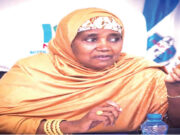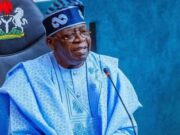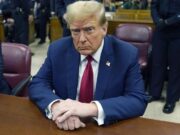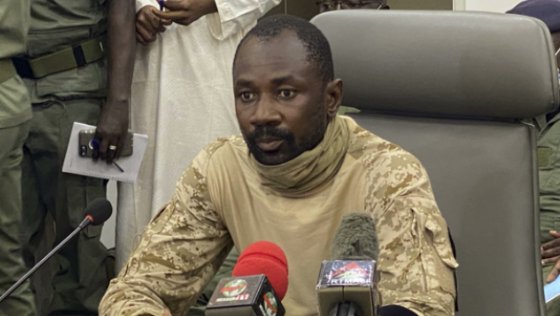Mali’s military-led government has officially dissolved all political parties and political associations in the country. The move was announced in a televised statement, sparking concern about the future of democracy in the West African nation.
The action, as declared, was to provide peace and stability following increased tensions between the government and opposition leaders. Authorities claimed that politics was causing people to be divided and threatening national stability.
The military junta, which overthrew the government in a 2021 coup, has kept delaying plans for democratic elections. Critics say this latest move means that the junta has no real intention of taking the country back to civilian rule.
Flashback:
In August 2020, the then-president of Mali, Ibrahim Boubacar Keïta, was ousted in a coup. A transitional government was established, pledging elections and the restoration of democracy. However, following a second coup in 2021, the military chiefs tightened their grip and postponed the election date several times.
This is not the first instance of the junta suppressing political parties. In early 2024, a number of opposition leaders were arrested for their criticism of the delays in transition. Most were detained without trial. Human rights organizations have been consistent in accusing the government of silencing opposition and governing through brute force.
Now that political parties have been officially disbanded, Malians have fewer channels to complain or hold the leaders accountable. Political analysts warn that this action will lead to more unrest, especially in urban areas where democratic sentiment is strong.
The military statement made no reference to the period of the ban or if it would even include future electoral plans. Others, however, believe the move is a step to silence critics before an extension of the military regime.
Mali has also faced growing instability due to growing attacks by armed factions linked to al-Qaeda and ISIS. The country’s economy has suffered significantly, and global support has decreased following the military coup. Key partners like France and the United Nations have cut involvement, citing human rights abuses and governance.
The dissolution of political parties can also further alienate Mali from the outside world. This is also fueling concerns that the nation can fall into deeper dictatorship if measures are not put in place to limit the junta’s control.
In summary, the future of Mali is unclear. Without any political parties, postponed elections, and military governance becoming more stringent, the people and international observers alike cannot help but wonder what will happen next.
























